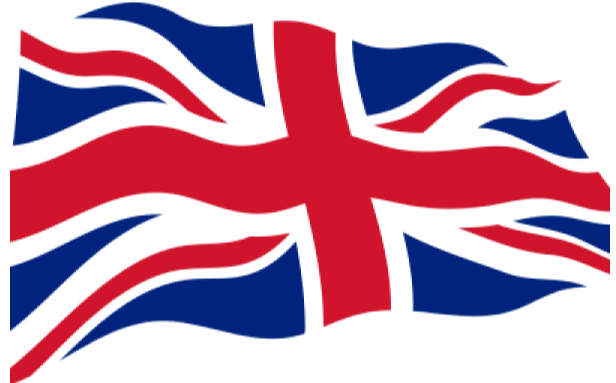Investigations into the deaths of Scottish military personnel killed abroad will be able to take place in Scotland for the first time from later this month.
Up until now inquests into the deaths of servicemen and women have often had to be heard in England, forcing their bereaved families to travel long distances to take part in the hearings.
But a change in the law means that from next Monday, September 24, the inquests will be able to be held north of the border.
Judge Peter Thornton QC, who takes up his post as the first Chief Coroner of England and Wales on Monday, will have the power to recommend to the Lord Advocate, Scotland's top law officer, that an investigation be transferred to Scotland.
It comes after changes were made to the Coroners and Justice Act 2009 and it is hoped the new provisions will reduce the ordeal families who have lost a loved one face.
Westminster justice minister Helen Grant described it as a "common-sense approach" that would help the relatives of men and women who had "made the ultimate sacrifice".
Before the changes were made there was no legislative basis for the Lord Advocate to investigate deaths outside Scotland.
This has meant the bodies of Scottish servicemen and women killed overseas have been returned to England so a coroner there can investigate the circumstances of their death.
The situation led to calls for a change in the law so bereaved families would no longer need to travel south for inquests.
These calls gathered pace after 14 servicemen died when their Nimrod plane from RAF Kinloss in Moray exploded over Afghanistan in September 2006.
The majority of those killed were based in Scotland but the inquest was held in England.
Scottish Secretary Michael Moore said: "Our service personnel carry out an essential and brave job in the defence of our nation and we have a duty to support them and their families in every way possible.
"It is hugely tragic every time a member of our armed forces is killed abroad and this change to the law will help support bereaved families through an incredibly difficult process."
Ms Grant stated: "This is an important change in the law that will ensure deaths of service personnel killed abroad while on active duty can be investigated in Scotland.
"By updating the law and introducing a common-sense approach to where such investigations are conducted, we can better support the families of those who have made the ultimate sacrifice in the service of their country."
Scottish Justice Secretary Kenny MacAskill said: "I warmly welcome this development and I know that will be a view shared by the families of Scottish servicemen."
He added: "We must always remember family members of fallen servicemen and women need compassion and support. While it is right to have proper procedures in place to conduct investigations, asking family members to travel long distances from Scotland to the south of England to attend coroners' inquests can only add to the distress felt.
"This is an important measure that will support the needs of families, at a time of significant grief."
Lord Advocate Frank Mulholland welcomed the introduction of the legislation, saying it "now makes it possible to hold a Scottish fatal accident inquiry into the death of Scottish-based service personnel who are killed abroad".
Mr Mulholland said: "This will be a great help to families who have lost loved ones in the service of their country.
"The Scottish Fatalities Investigation Unit (SFIU) is ready and able to deal with these cases sensitively when required."
Angus Robertson, SNP MP for Moray, which takes in RAF Kinloss, welcomed the change.
He said: "This has always been about family members who deserve the best support and assistance after the deaths of a loved one. It was simply unacceptable that service families in Scotland had to travel so far and at great cost to inquiries in the south of England.
"There has been a desperate need for the coroners service to be more responsive, and making these changes which will allow inquests to be held in Scotland will bring a real improvement for bereaved families, witnesses and the wider public.
"As someone who has been battling for these commonsense changes, I know just how much work has gone on behind the scenes to bring all the elements together, and I am delighted that the Scottish Government and UK ministers secured a way forward that will allow inquiries in Scotland."
